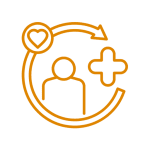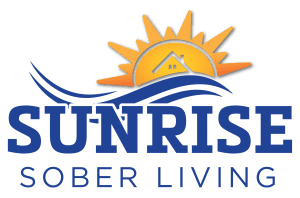How to Overcome Relapse Triggers
Relapse triggers are a natural part of the recovery journey, but they can feel overwhelming, especially in the early stages. These triggers—whether internal feelings or external situations—can sneak up on you, making the path to sobriety feel uncertain.
The good news?
With the right tools and mindset, you can learn to manage these challenges and stay on track toward a healthier, sober life.
If you’re reading this, you’ve already taken an incredible step by exploring ways to protect your recovery. Let’s look at how understanding and managing relapse triggers can help you stay strong and focused on your journey.

What is a Relapse Trigger?
A relapse trigger is anything that makes you feel the urge to use alcohol or substances again, such as thoughts, emotions, people, or situations. Relapse triggers often fall into two categories:

Internal Triggers
These come from within—stress, anxiety, boredom, or even feelings of celebration.

External Triggers
These are tied to your environment—being in certain places, around specific people, or in situations where you previously used substances.
Strategies to Overcome Relapse Triggers
Identify Your Triggers
Start by understanding what your personal triggers are. Reflect on moments when you felt tempted or struggled and consider what led to those feelings. Journaling can be a helpful way to notice patterns and become more aware of what might set you off.
Develop Healthy Coping Mechanisms
Build a Strong Support System
Avoid High-Risk Situations
Stick to a Routine
Building Resilience Against Triggers

Practice Self-Care

Learn From Setbacks

Celebrate Your Progress
You Don’t Have to Face This Alone
Relapse triggers don’t define your journey—they’re simply challenges you can overcome with the right strategies and support. If you’re ready to take the first step toward recovery, we are here to help.
At Sunrise Sober Living, we will help you navigate the challenges of early recovery and build a stronger foundation for your future. Contact us today to start your journey to a brighter, healthier life.
